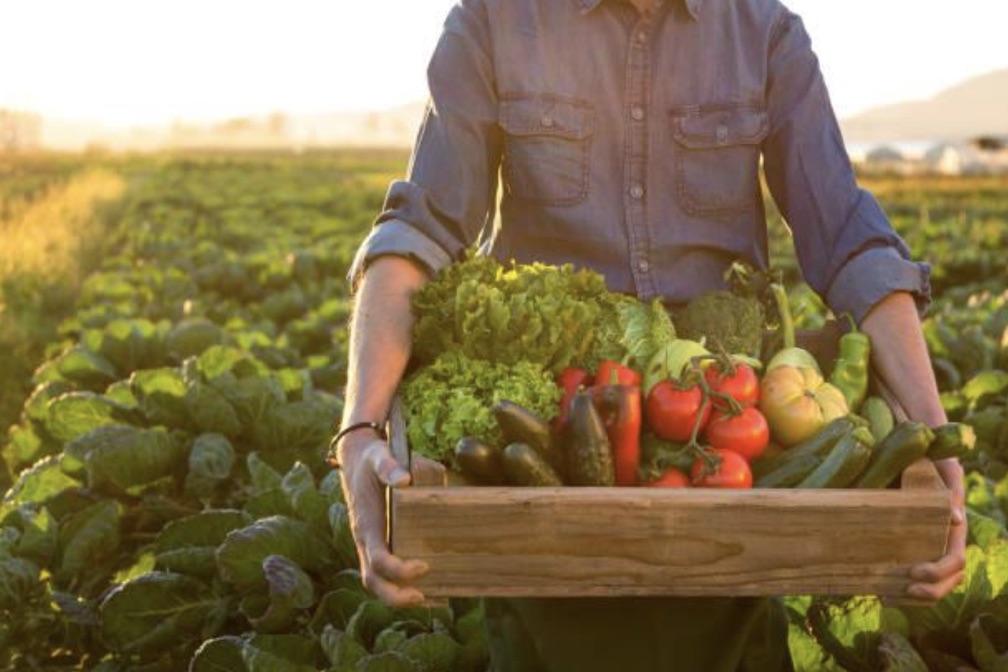
Going organic is all the rage now. Whether you want to lead a healthy life or go greener, using organic products benefits both you and the environment. Many organic shops have been opened to cater to people’s needs in response to people's positive responses. From fruits, and vegetables to cosmetics and textiles – you can see organic products everywhere now.
Everything works well with organic until it comes to its shelf life. Preserving organic products, especially food products is a challenge. As organic items are grown naturally without using fertilisers and preservatives, you can expect less shelf life in comparison to the products grown artificially. They wither faster though you store them properly in the fridge.
So, how to increase the shelf life of organic food so that you can reap its benefits to their fullest? Read further to find out. This article is also useful to those who sell organic products and want to increase their storage capacity.
- MAP – Modified Atmosphere Packaging
When packing is proper, you can control ripening, respiration rate, and bacterial growth on organic food products. It enables less food loss and maintains the freshness of products for a longer time.
In MAP, products are packed tightly with an external wrap where there is no oxygen allowed. When there is no air, there will be less reaction with the outside elements and you can control the ripening of the food.
For wrapping, you can use pallet covers, carton containers, and sheets so that you can control the ethylene exposure.
Read here why food packaging is important and why to follow it religiously.
- Improving the handling procedure
When you pluck fruits or vegetables from its plant, you have to be careful in handling them properly till you sell them. Using contaminated water or storing them in contaminated boxes will risk increasing the damage to organic products sooner.
Always ensure that you are not forcefully handling the fresh produce by using excessive pressure. Use gentle hands and make sure to handle food products using gloves so that they are handled in a controlled environment.
- Check humidity levels
If the humidity level is low, then it makes organic food to dry quickly. Fruits and vegetables can shrink if there is not enough humidity level. So, always ensure to maintain high humidity level whenever you are storing fruits and other organic food.
You can purchase humidity and temperature tracker to know the correct level and you can use it every time you store organic food products.
- Packing individually
In super markets, you might have seen meat covered with a thin plastic wrap when you are purchasing. It’s not only for protecting meat from outside elements but also to preserve its freshness. (Learn here: why chose organic meat).
Likewise, if you want prolong the shelf life of organic products, pack them individually. Using plastic wraps may not sit well with you but if you protect food from going to waste, then it’s better if you employ this method.
- Smart stickers
You can increase shelf life of organic food products by limiting its exposure to ethylene. Simply by attaching a sticker on fruits and vegetable is known to increase the life of fresh produce. It may sound bizarre by it’s a proven method that even some of the companies are employing it now-a-days. Attach a small sticker on every individual product to prolong its life.
Store neat. Eat fresh
Storing plays an important role in food safety. When you don’t store any kind of food properly, it may result in food poison after consumption. Learn food safety importance to know why it’s essential to consume edible food and how to identify when food is spoiled. It’s especially important when you are buying organic food as it has low shelf life.






















